Murray-Darling inquiry ‘fails to ease farmer anger’
Inspector-General of Murray-Darling Basin Water Resources Mick Keelty has handed down his report.
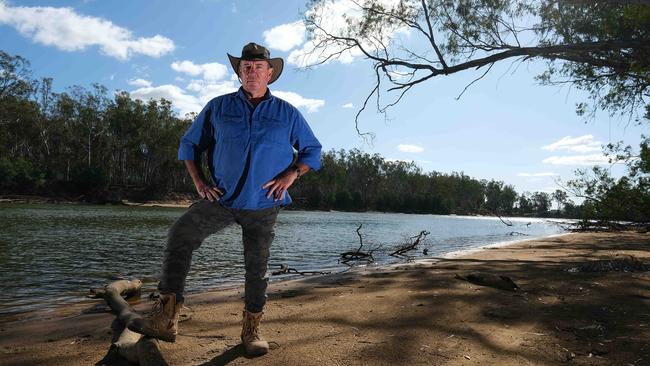
NSW Water Minister Melinda Pavey says a report by federal Inspector-General of Murray-Darling Basin Water Resources Mick Keelty fails to address the immediate needs of irrigators in the southern basin, indicating the stalemate between basin states over water allocations is unlikely to end any time soon.
In his 48-page report on water sharing arrangements in the southern basin, which was welcomed on Friday by the federal and South Australian governments, Mr Keelty described as his “most telling finding” the fact that the annual amount of water flowing into the Murray River over the past 20 years is approximately half that of the preceding century.
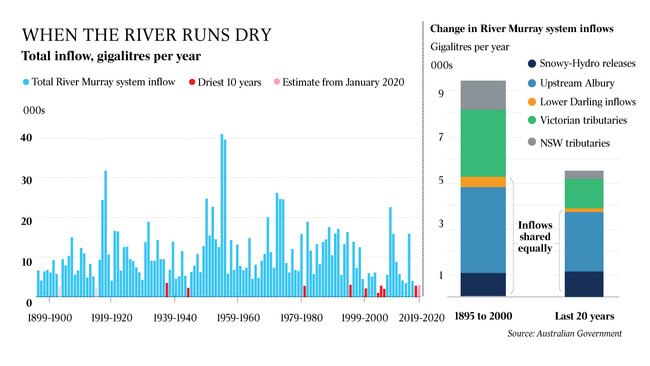
Ms Pavey said the basin states did not need “a report to tell us that environmental water is important, but our water management policies must balance all needs fairly and equitably”.`
“Our southern irrigators are facing their third consecutive year of low to zero water allocations,” the Nationals MP said.
“When the (Murray Darling Basin) plan was conceived, flexibility was intended to be hardwired into its DNA, to adapt during times of extreme conditions.
“We will work constructively with any basin state or the commonwealth in making the spirit of t he plan a reality.”
South Australian Water Minister David Speirs meanwhile welcomed Mr Keelty’s report, saying he supported all five recommendations.
“It also reaffirms our position that water sharing arrangements which have stood the test of time are effective and it is up to each state to responsibly manage their allocation,” Mr Speirs said.
“Importantly Mr Keelty highlights that South Australia leads the way when it comes to responsible water management which balances the economic, environmental and social needs of those along the river.
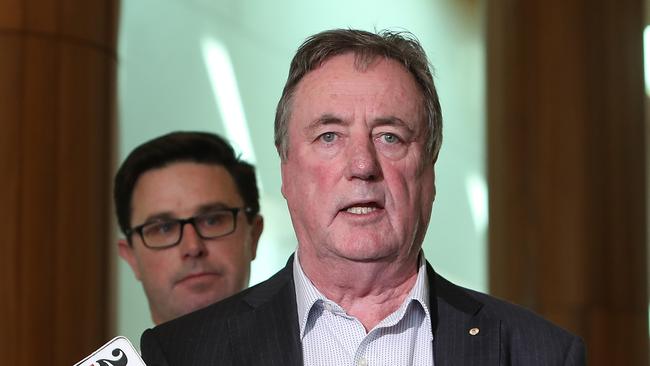
“The report also debunks some myths often perpetuated around South Australia’s water entitlements and the delivery of environmental water.
“It is also clear from Mr Keelty’s report that, outside of the impacts of drought, it is New South Wales’ own approach to water management that is driving their current low allocations.
“Irrigators across the Basin have been doing it tough for the past few years with the drought affecting water availability but instead of blaming others, the New South Wales Government needs to pay more attention to how it manages its own water.
One recommendation from Mr Keelty is that The Murray Darling Basin Authority should undertake further analysis of the causes of reduced inflows from the northern Basin and the extent to which this is affecting state water shares;
Irrigation farmer Chris Brooks from Barooga in the NSW Murray said the benefit to farmers out of Mr Keelty’s report was “none whatsoever.”
Mr Brooks led the original protest movement calling for water after three years of zero allocations in the Murray.

“I honestly think that Keelty was used to distract us when we were in Canberra,” Mr Brooks said.
“We are the food producing region, and we hoped we would get some action.”
“It’s a bigger issue now because of food security.”
Federal Water Minister Keith Pitt said Mr Keelty’s inquiry reinforced the need to improve the transparency, accessibility and availability of information about Murray-Darling Basin water matters.
“I accept the five key recommendations of Mr Keelty and I have directed both my department and Murray Darling Basin Authority to take action to implement them,” Mr Pitt said.
He said that along with the ongoing ACCC inquiry into the water market and Sefton report into socio-economic circumstances among basin communities, the Keelty report was one of three key inquiries which would guide federal and state government policy around the management of the Murray-Darling Basin.
“Mr Keelty met directly with over a thousand Basin residents, undertook 80 additional interviews and considered 354 public submissions during his inquiry,” Mr Pitt said, thanking the Inspector-General and all who submitted information to his inquiry.
Mr Pitt’s predecessor David Littleproud commissioned the Keelty inquiry last year, with a brief to look into the impact of changing distributions of inflows to the southern basin on state shares under the Murray-Darling Basin agreement, and any consequential impacts on state water shares resulting from the reserves required under the Murray-Darling Basin Agreement.
The independent panel led by agribusiness communications consultant Robbie Sefton is due to hand down its final report on social and economic conditions in the Murray-Darling Basin on April 30, while the ACCC interim report on its inquiry into Basin water markets is due to be submitted to Treasurer Josh Frydenberg by mid 2020.

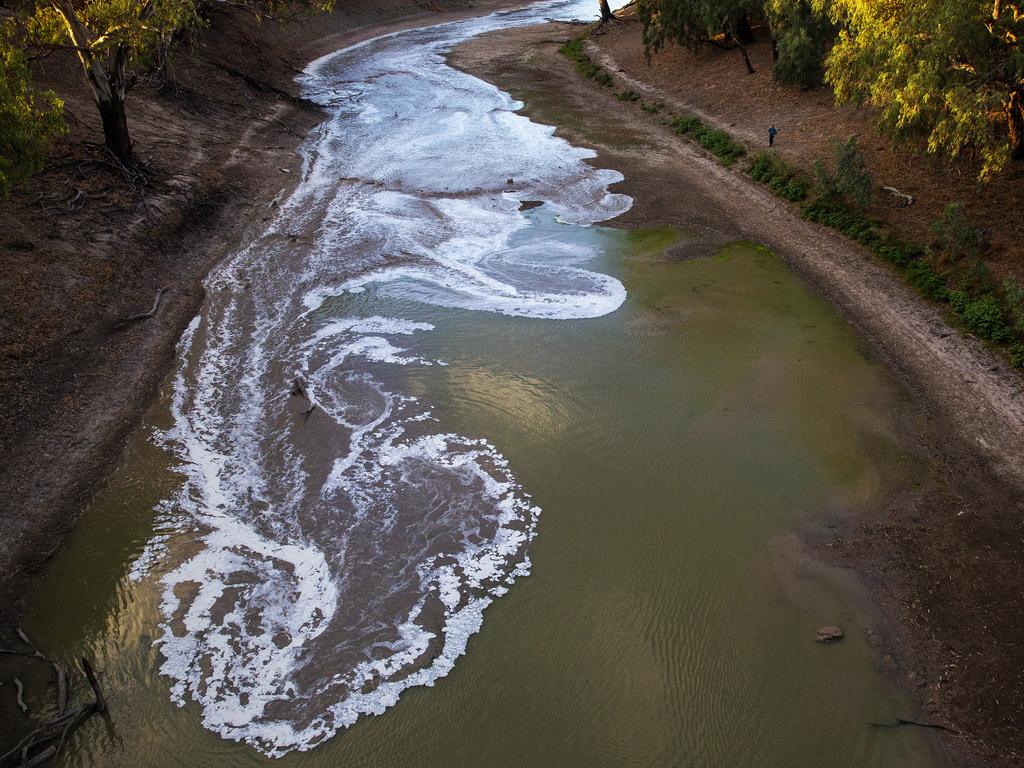

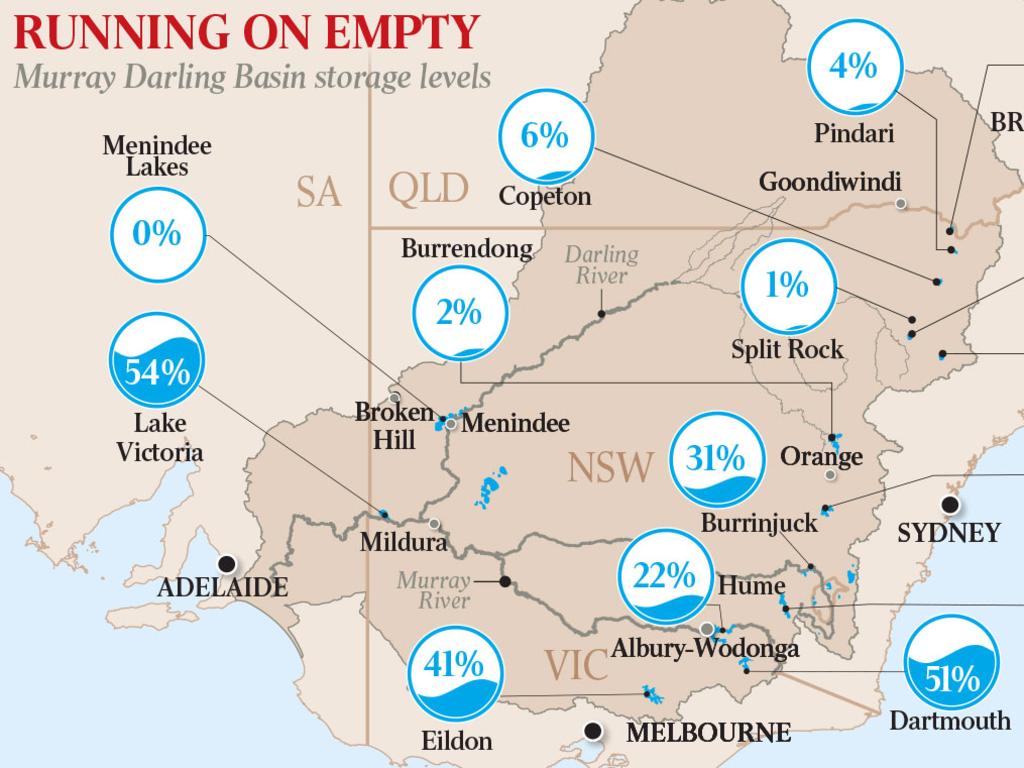
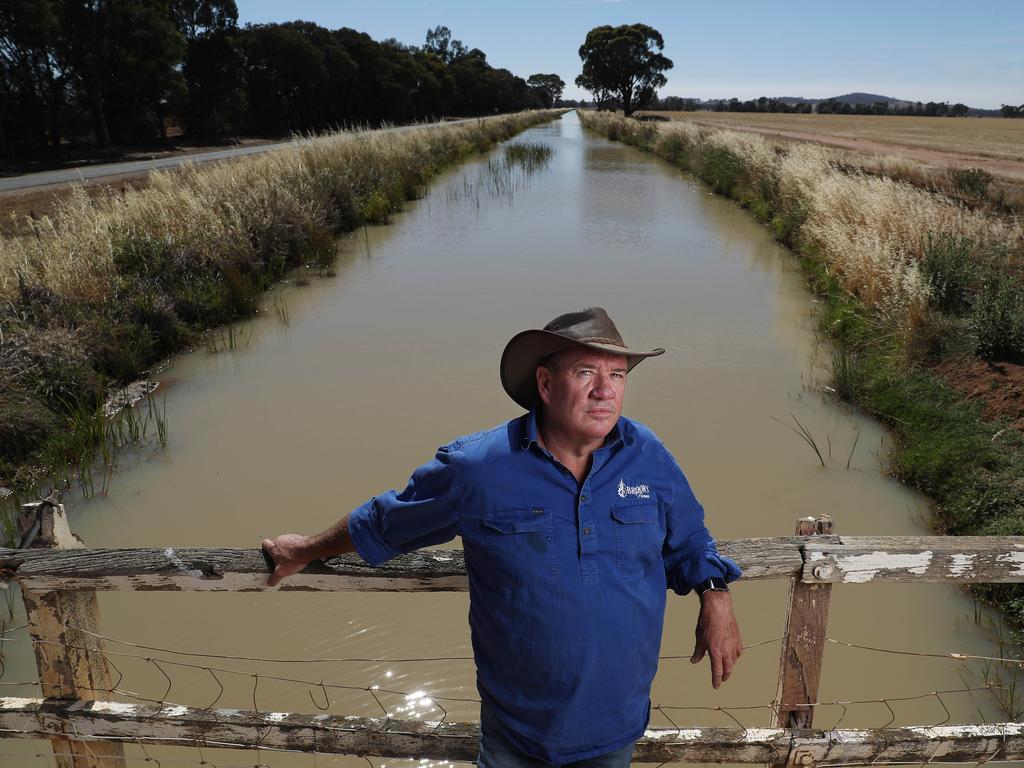


To join the conversation, please log in. Don't have an account? Register
Join the conversation, you are commenting as Logout